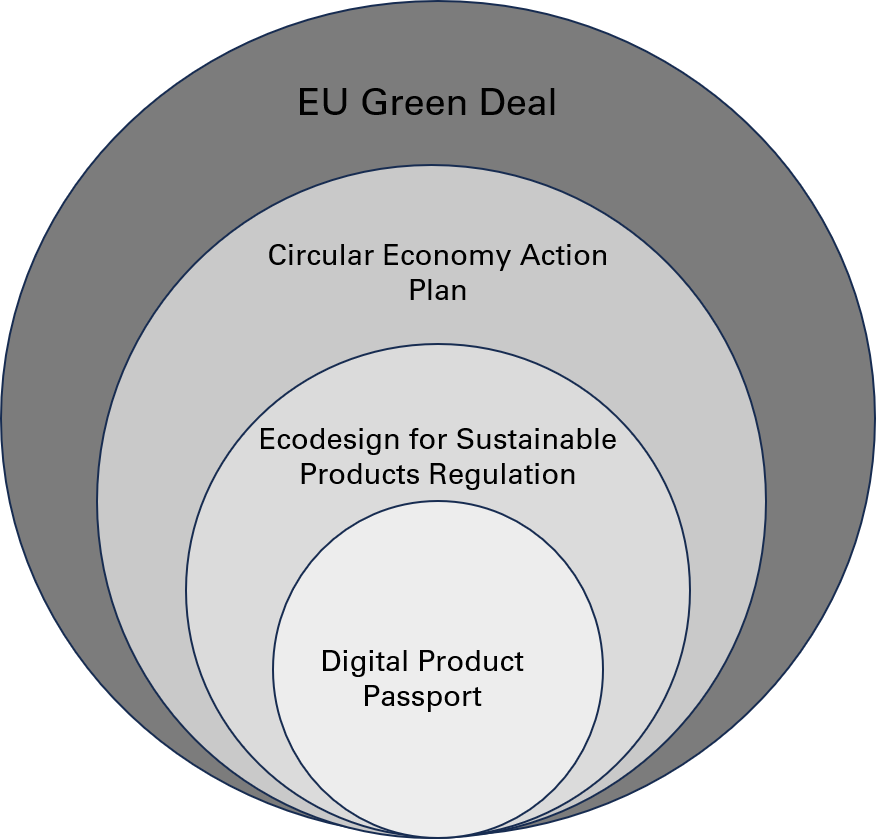Implications of the Digital Product Passport Implementation on the Production System of Textile Manufacturers
An Exploratory Study to give Future Perspective
The Digital Product Passport is one of the European Commission’s initiatives within the EU Green Deal to foster circularity and sustainability for European manufacturers. This thesis explores how the implementation of the DPP will affect textile production systems.
With the implementation of the DPP across different industries, the European Commission aims to address and close gaps in sustainability information requirements of products. This is to encourage manufacturers to develop more circular products and to allow customers to make more informed purchasing, maintenance, and recycling decisions. However, specific content and standards for textile DPPs are still to be developed. Further, the implications of the DPP implementation on textile manufacturers’ business practices and production systems remain vastly unexplored.
To provide an understanding of how the implementation of a DPP impacts the textile production system of manufacturers, the purpose of this thesis was to assess challenges and enablers for the DPP implementation. The goal has been to provide an initial understanding of the drivers of project complexity for the DPP implementation and to give an insight into which hurdles need to be overcome in the beginning of DPP implementation projects.
As a result, the integration of a physical data carrier into products necessitates modifications in production processes. It further fosters long-term transformations toward higher circularity in products and the connected production system. Areas of the production system affected in the long run include the manufacturing strategy, production technology, production materials, and manufacturing processes. Data management, data sharing and data verification and protection along a product’s value chain are identified to be main drivers of project complexity when it comes to implementing DPP systems. Ultimately, the thesis tries to aid companies reflect on how their production might be affected by the DPP.



